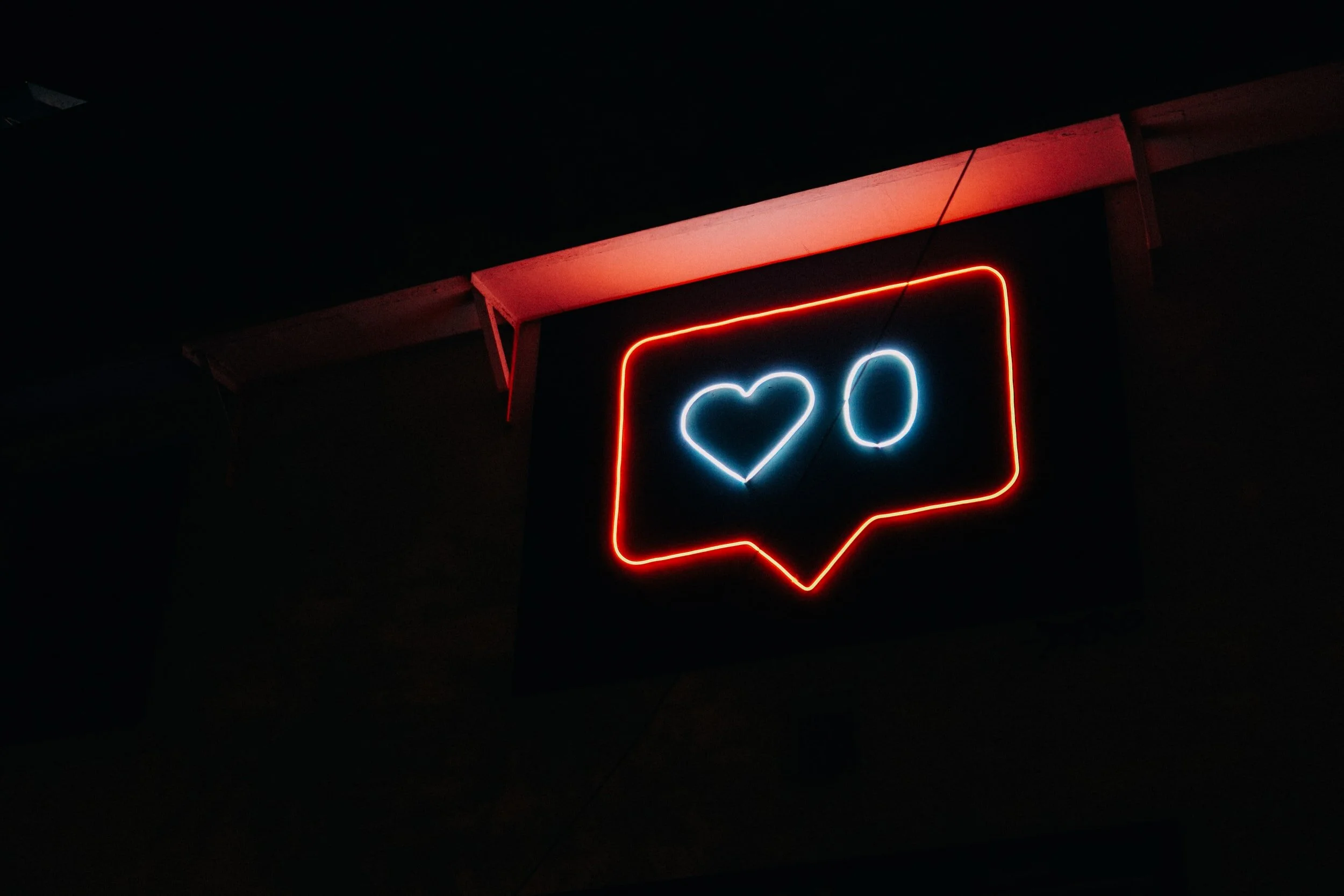Figuring out when to cave to your child’s pleas for a social media account is easier said than done. With more and more of life happening online, having Instagram or Snapchat can feel like a lifeline to kids. On the other hand, parents are right to be concerned about the (very real) dangers that children can be exposed to on social media, even if your child is only intending to talk to other kids. The stakes are really high!
Pretty much all the major social media apps set an age minimum of 13 for kids, but many experts agree that parents should base their decisions about social media on a child’s development and maturity, rather than just their numeric age. After checking in with some of the big organizations that speak out about children and social media, I’ve come up with a short list of signs that your child may have the maturity needed to stay safe online.
Readiness Sign #1: Your Child Can Think About Cause and Effect
As adults, we are painfully aware that anything we put on the internet is pretty much there forever. Even if we try to delete it, there’s no guarantee it’s been completely wiped from the record. When we interact with other people, we have a little running commentary in the back of our head that guides what we say and do. We’re aware that our actions have consequences. Embarrassing selfies or flame wars with strangers in a Facebook group doesn’t just exist in a vacuum: they could come back to haunt us in a job interview someday.
Adults are able to think abstractly and play out different possibilities in our heads. This helps us to make guesses about other people’s motivations and how they could affect us. It also (hopefully, at least most of the time) keeps us from saying or doing things online that we might really regret later on.
Kids are often concrete thinkers up until about age 11, but this can vary. Younger children tend to live in the here-and-now, and use the information they have in a given moment to make decisions. It is harder for them to play out hypothetical situations in their minds, especially when those things could occur far off in the future. It’s totally normal and healthy for kids to think this way, but it makes it harder to appreciate some of the risks of social media.
Some kids develop their abstract thinking abilities earlier than others. If your child is able to consider problems from different angles, plan ahead for different scenarios, and improvise solutions to problems, she’s likely reached this point in her development. If you are considering allowing your child to get on social media, check in about her ability to visualize different situations she might encounter online. If she’s able to understand cause and effect and anticipate possible issues, it will be easier to make safe choices.
Readiness Sign #2: Your Child Has Healthy Body Image
Honestly, even as I’m typing this I am asking myself how many tweens I know who fit this description. I can name maybe a small handful of tweens and early teens whose self-esteem about body shape, weight, and appearance seems pretty unshakeable. Many more kids share that they feel extremely vulnerable and open to criticism about the way that they look. While we may think of poor body image as a problem that mainly affects girls, boys can be impacted, too.
Researchers have started looking at possible links between social media use and poor body image and disordered eating in young girls. Although nothing has been proven for sure, studies suggest that photo-based social media apps, like Instagram, make girls feel worse about their bodies. Tweens on social media are inundated with images that are designed to look candid and casual—the “woke up like this” shots. In reality, though, these pictures have been heavily edited and posed by a team of professionals. The standard of beauty keeps getting more extreme and hard to attain as our ability to filter images becomes more commonplace.
In my own child and tween therapy office, young people tell me that they can’t help but compare themselves to others on social media. They scrutinize the likes their classmates have received, and question why they can’t look like the influencers they follow. I don’t think social media is solely to blame for the body image issues teens and tweens have to deal with, but it doesn’t make things any easier.
Before moving ahead with a social media account for your child, you might want to think about how you’ve seen your child respond to criticism or bullying from peers. Does she crumble when someone says something mean to her, or is she able to let it roll off her back? Does she celebrate the way she looks, or do you see her frequently comparing herself to others? How media literate is she—can she recognize an airbrushed or unrealistic photo when she sees one? If the answer to most of these questions is “yes”, she may be ready to brave the world of Instagram.
Readiness Sign #3: Your Lines of Communication Are Open
Chris McKenna at WaitUntil8th.com wisely points out that you should make sure you’ve had “the talk” and all other potentially awkward conversations with your child before letting them loose on social media. Even kids who are not looking for trouble are likely to stumble across explicit material on any of the major platforms. You want your child to be prepared when that happens, and not confused about what they have come across.
Being on social media also makes your child more vulnerable to sexual predators, which means you need to talk about safety and go beyond simple stranger danger. Your child should know how to recognize signs of grooming, and have a plan for what to do if someone makes them feel uncomfortable. You’ll also want to talk about what to do if that uncomfortable pressure is coming from someone your child knows—for example, a friend or classmate asking for inappropriate photos.
Social media opens up a new, private world for your child where they might encounter all kinds of uncomfortable stuff. It requires a certain level of mutual trust between parents and kids. As a parent, you’ll want to know that your child is responsible and makes good decisions. However, your child also needs to trust that they can come to you with problems, and you won’t immediately panic or ground them for the rest of time. If something inappropriate happens online, your child should feel safe coming to you for help. This will go a long way toward keeping them out of harm’s way.
More Help for Tweens and Teens
Tweens are stuck dealing with many of the pressures of teen life, like social media, demanding homework, and friend drama. But, they have to do it without enjoying a lot of the same freedoms that the older kids have. It doesn’t always seem fair, and it’s hard for both parents and kids to figure out.
In my Davidson, North Carolina therapy office, I help tweens learn skills to manage anxiety and recover after stressful or traumatic events. If you and your tween are having a hard time navigating this exciting, challenging, and sometimes awkward phase of life, counseling can help you both get through things a little more smoothly. Even the seemingly small stuff—like deciding when to get a social media account—can cause a lot of unnecessary stress, and it can be nice to have a neutral party around to help sort out everyone’s feelings.
If you’d like to get started in counseling, I’m available to help kids in North Carolina, New York, and Florida. You can learn more or schedule an initial appointment by phone or email.




